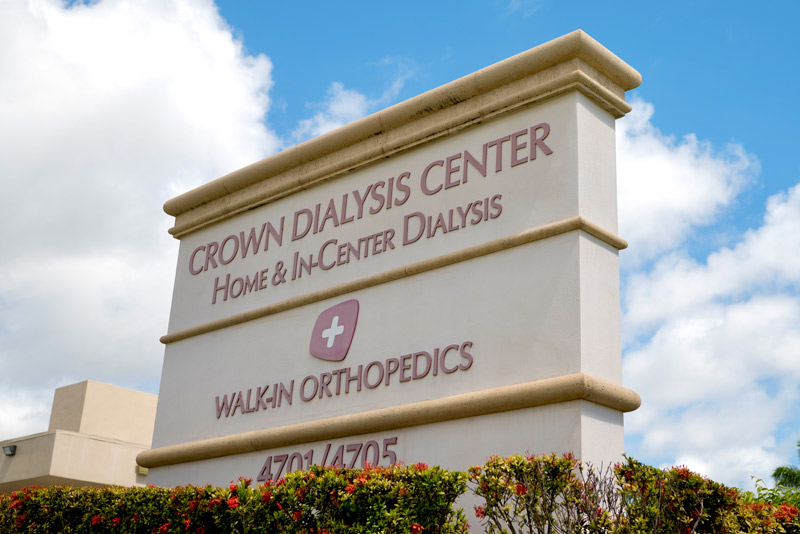Learning about the CKD (Chronic Kidney Disease) and Nutrition
Chronic Kidney disease(also called renal disease) is when the kidney don’t filter enough waste from the blood.The most common causes of CKD are diabetes, high blood pressure, genetics, drug side effects, and blockage caused by kidney stones.
Some people don’t have any signs or symptoms or CKD but others may notice :
- Nausea
- Tiredness
- Vomiting
- Loss of appetite
When the kidneys can’t work on their own, dialysis – a treatment that removes the excess waste out of your body-is usually needed (CaglarK,2002).
Why does it matter what you eat?
When kidneys can’t remove wastes out of your body, they build up and act like toxins. To keep wastes from building up, you have to watch what you eat between dialysis treatments.
Choosing healthy foods, with the help of your dietitian, helps lower these wastes and may make you feel better between treatments.
CALORIES: Make sure you are getting enough calories every day because they are important to keep your energy level up.
PROTEIN: Your body needs protein to build muscle and lower your risk for infection. Now that you are on dialysis, you will need more high-quality proteins, such as lean meat.
Vitamins/Minerals: The kidneys are important in processing several vitamins and minerals. Some vitamins and minerals may need to be limited.
Fluids: Fluids can build up quickly between dialysis treatments and cause bloating and discomfort.The right amount of fluid intake can help you feel your best.
Blood Sugar: If you have diabetes, the carbohydrates you eat should be balanced with your medicines and activity level to keep your blood sugar under control.
REFERENCES:
Caglar K, et al. Kidney int. 2002;62(3):1054-1059
Abbott, L. (2010, December). Retrieved July, 2018, from www.abbottnutrition.com /76585/December 2010 LITHO IN USA


